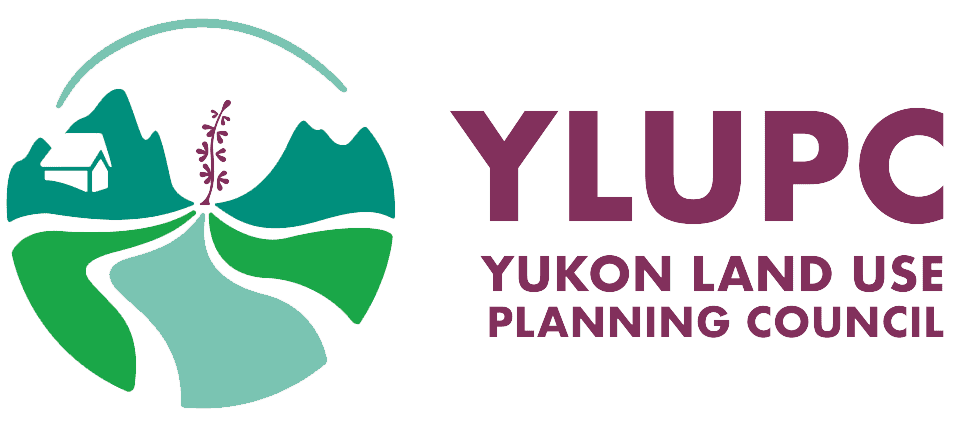Local values and knowledge can be important components in creating robust climate change adaptation strategies for marginalized communities. Incorporating local values into the climate change planning process in a structured way and effectively using local knowledge not only improves the identification of priority actions for climate change adaptation, but also supports successful implementation. The values of each community influence how climate change impacts are perceived, and what adaptation actions are locally acceptable and will have local buy in for implementation. Thus, it is important that planning incorporates local values if the goal is successful adaptation to climate change.
This presentation will reveal one approach for addressing this through a participatory, values based process for climate change adaptation planning. The approach is contextualized through a case study of the Gitga at Nation, located in northern coastal British Columbia, Canada, where key values included culturally important food sources, culture, environmental resources, self sufficiency, health, infrastructure to enable us to live well, among others. These values were used throughout the planning process to contextualize climate change impacts on Gitga at members way of life and to develop and evaluate adaptation actions. It is hoped that this case study provides further proof of the utility of values based planning in the context of adaptation planning in communities.
